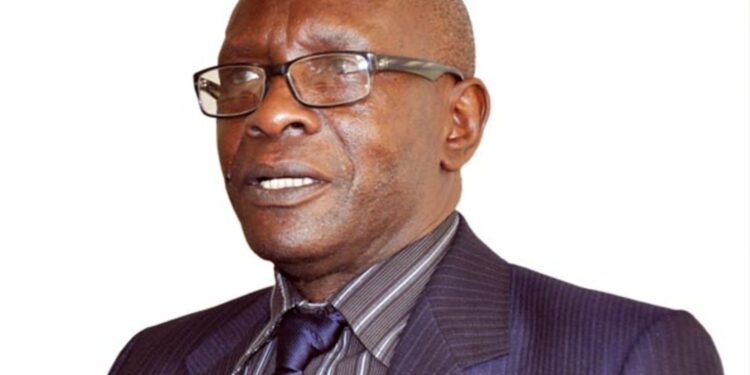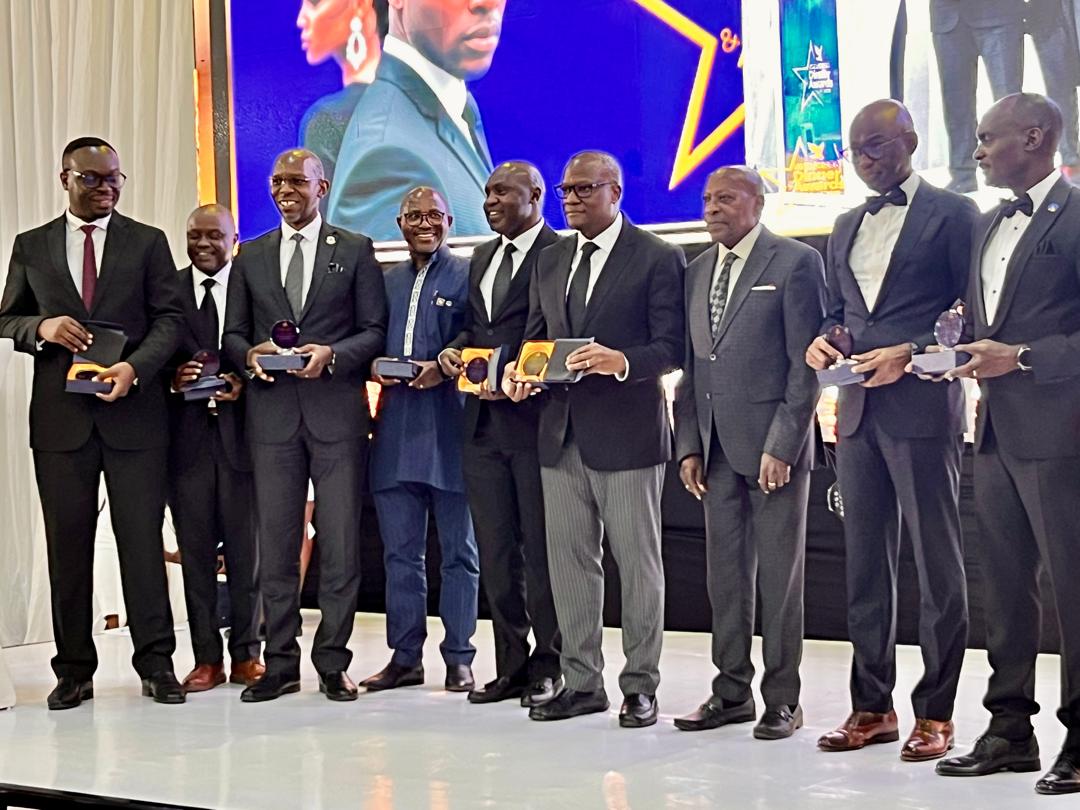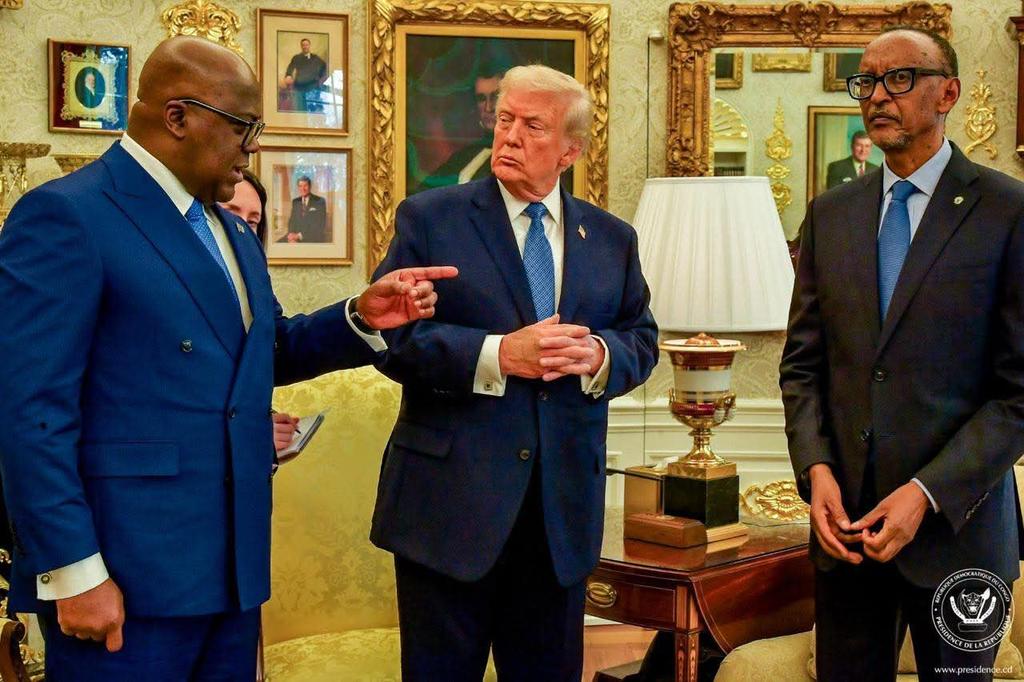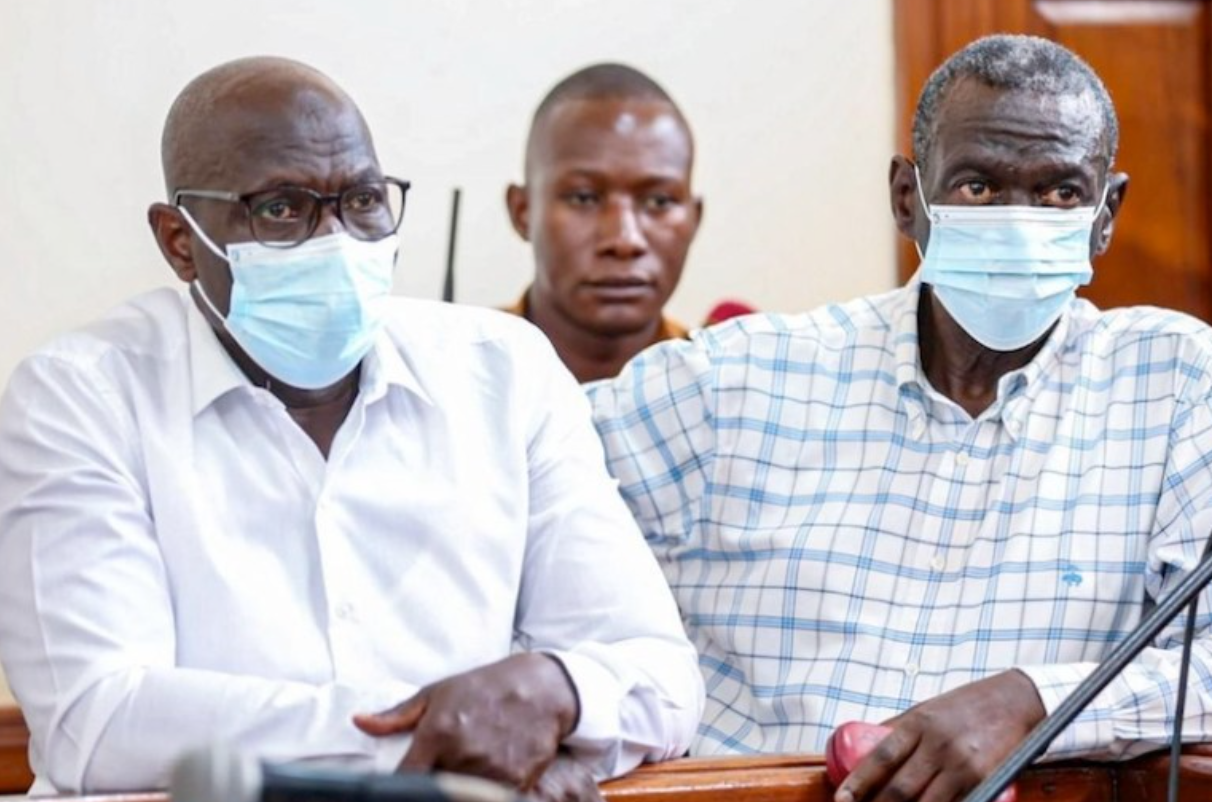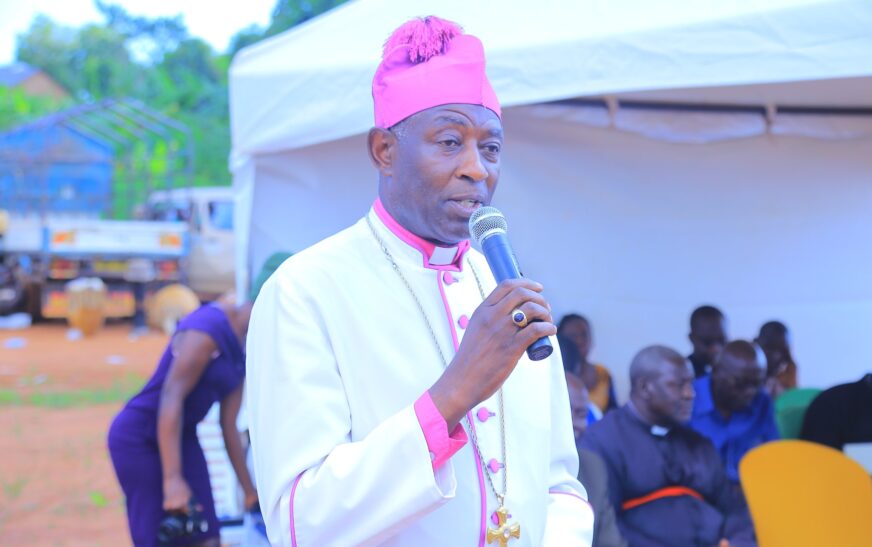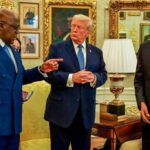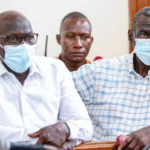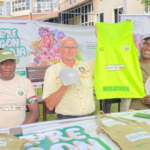Colonel Anthony Kyakabale, a former National Resistance Army (NRA) fighter turned dissident, and later a retired officer of the Uganda People’s Defence Forces (UPDF), has died, according to family sources
But his life was far from ordinary, it was a story of war, loyalty, betrayal, exile, and an unexpected homecoming.
Born in Kabale District in Uganda’s southwest, Kyakabale joined the NRA in 1980. Just months later, on February 6, 1981, he was part of the daring assault on Kabamba Military Barracks, the spark that ignited a five-year bush war and changed Uganda’s political landscape forever.
He was a loyal soldier in the early years of Museveni’s rule, rising to the rank of Lieutenant Colonel by 1988. But behind the scenes, fractures were forming. By the late 1990s, Kyakabale’s relationship with the President had soured and by the 2001 elections, he had aligned himself with another disillusioned comrade: Col Kizza Besigye.
Amid allegations of misconduct including a sensational accusation that he stole gold from Beni in the DRC, Kyakabale fled Uganda in 2001. He said the charges were fabricated, a smear campaign to silence dissent.
“I had never even seen a gold store,” he told Daily Monitor in 2015. “Yet the military arrested me. Eight months in Makindye barracks, no trial, no explanation.”
As the political pressure mounted, tragedy struck. His driver was arrested and allegedly beaten to death. That was the final straw. Fearing for his own life, Kyakabale escaped to Rwanda, a decision he would later regret.
“I should have stayed and defended myself. I should have faced my commanders,” he admitted years later.
But Kyakabale didn’t just disappear. In exile, he helped form the People’s Redemption Army (PRA), a rebel outfit believed to operate from the jungles of eastern Congo. Alongside Col Edison Muzoora and Col Samson Mande, Kyakabale once again found himself at war, but this time, against the very government he had helped bring to power.
By 2003, he had relocated to Sweden, living in self-imposed exile, largely silent until whispers of reconciliation began to surface.
Behind the scenes, emissaries were dispatched. First Gen James Mugira in 2008, then Brig Leopold Kyanda in 2009, both reaching out, cautiously, offering a path back home. But it wasn’t until Gen Charles Bakahumura, a man he had served with in Gulu, made the call that Kyakabale finally believed it was real.
“When he said the President wanted me back, I believed him. I respected that call.”
In 2015, after 12 years in exile, Kyakabale returned to Uganda. He met with President Museveni, the man he had once fought beside, then fought against and offered his apology. The President accepted. Months later, Kyakabale was promoted to Colonel and formally retired from the army at a ceremony in Mbuya.
His death closes the chapter on one of Uganda’s most enigmatic military figures, a man who lived through the revolution, walked away from it, and found his way back. Whether remembered as a rebel, a patriot, or a pragmatist, one thing is clear: Colonel Anthony Kyakabale never stopped being a soldier even when he was no longer on the battlefield.

